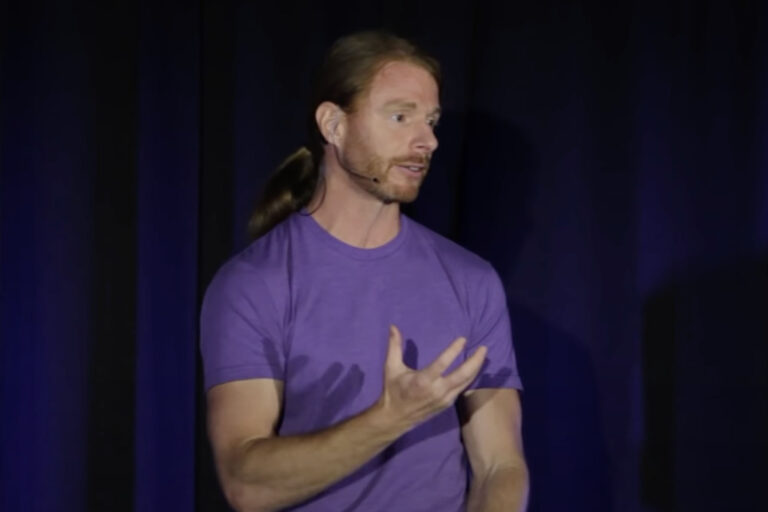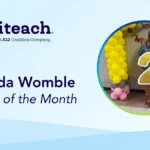School Districts Under Pressure of Two Pandemics This Year: COVID-19 and Armchair Quarterbacks
Brené Brown was once applauded for saying, “unless you are in the arena getting, you’re a** kicked, I’m not interested in your feedback.” In other words, if you are not in the trenches with me, enduring the same experience, then what qualifies you to offer criticism? What gives you license to tell me what to do and how to do it? As the daughter of a college football coach, I have always understood this concept as “armchair quarterbacking.”
Armchair quarterbacks are not your average parent/client/citizen with a legitimate concern, rather these individuals tend to cast stones and judgment without having a seasoned knowledge of a subject or thinking about how their misguided narrative will impact someone’s family, their livelihood, or their mental health. For figures like politicians, professional athletes, and celebrities this is something you know you are signing up for when you assume a public role. However, this past year under the unpredictable demands of covid, the reach of armchair quarterbacks transcended its typical targets and treaded into waters that are usually spared…our schools.
Teachers are not public figures. While they arguably impact society more than any other profession, they are rarely in the limelight. Apart from a few bad apples that make the news for poor personal decisions or not fulfilling their job requirements, teachers are not a group that have to regularly endure being shamed, criticized, or berated on a public stage. This year changed that trend. Armed with Twitter accounts, Facebook feeds, and Instagram group chats, armchair quarterbacks took to trolling digital avenues to pontificate their disappointment in our nation’s schools and their leadership. “Why didn’t you do it this way?” “Why is it taking so long to get my grades back?” “Why doesn’t the technology get distributed like this?” “What am I supposed to do about childcare if you don’t watch my kids?” And one of the most stunning questions I heard as a principal was, “Were you guys not prepared for something like this?”
The pressure has affected higher ed as well. Tenured professors who have committed their lives to their subject and their research were asked to adopt new technologies and platforms that they certainly could have adopted over time, but not overnight. Forbes and Fidelity both reported that as a result of pandemic stress, 55% of U.S. university and college faculty have seriously considered either changing careers or retiring early. When I asked a trusted colleague about how he was dealing with the pandemic in his courses, his response was that of all the things that were draining him, the most pervasive was the commentary from the peanut gallery about what he could be doing better, and how he was not producing to par.
While some armchair quarterbacks of education fancy themselves experts because they attended school themselves, others pose that their voices and demands are validated by their tax dollars. Bruce Baker, a Professor in the Graduate School of Education at Rutgers, and the co-author of Financing Education Systems (Merrill/Prentice-Hall) would argue otherwise. Dr. Baker explains that the cost, per child, for public education far outweighs the individual cost per taxpayer, even in lower income areas where property taxes are lower. His breakdown brings the average individual taxpayer’s contribution to a school district’s budget down to .007%. If this math is applied to how much that same individual citizen pays a singular teacher, the amount is approximately $4.20 a year. In other words, if someone’s opinion about schools truly equated to their fiscal contribution to those schools, then they are entitled to nothing short of a whisper.
Schools are not restaurants. Teachers are not the staff at a hotel. And superintendents are not running day spas. So how these highly educated professionals and their performance became subject to Yelp-like reviews remains elusive to me.
Alas, armchair quarterbacks are everywhere, and they will continue to preach and to inject their opinions, criticisms, and “better” ideas so long as social media supplies the quill and ink. But, to all the districts, schools, teachers, principals, and central administration just remember one thing about armchair quarterbacks in the year of covid; many of these voices have never done your job, never walked in your shoes, and have never had to make the decisions and sacrifices that you had to make these last 14 months. This year, YOU were the ones who continued to put students first. YOU were the ones who put your own health at risk. YOU were the ones who consoled teachers. YOU were the ones that provided thousands of meals to students and their families. YOU are the ones that tried to navigate the best way, for the most people. YOU ARE THE ONES WHO WERE IN THE ARENA. And until the armchair quarterbacks of the world want to help you in that battle…you don’t have to accept their feedback.
Leave Your Mark. Teach.
If you are passionate about impacting the world around you there are few places where you can influence the future as much as a teacher. Teachers have the ability to build students up and set them on a positive course that can have a ripple effect for future generations.
If you are interested in becoming a teacher, check out our online teacher certification program and you could be teaching in a matter of weeks.





